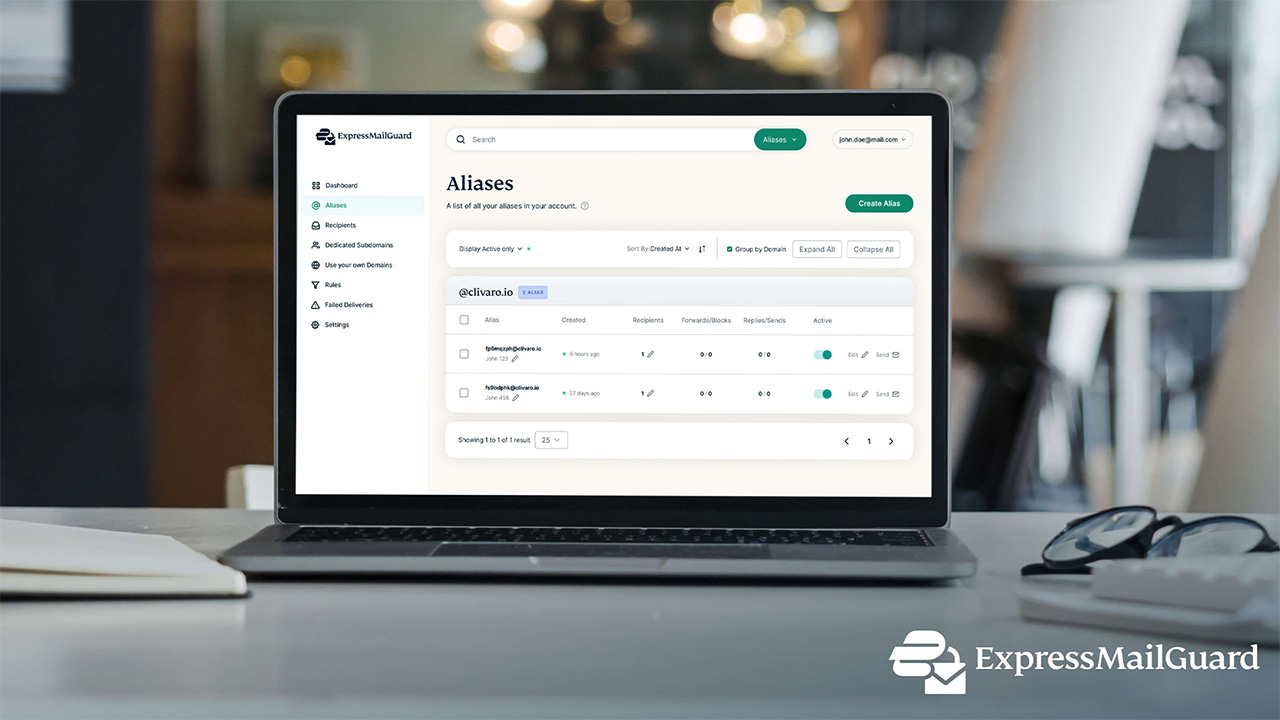Pixel 8 — the 7 features I want to see in Google’s next phone
Here's how the next Pixel flagship can stand out from the crowd
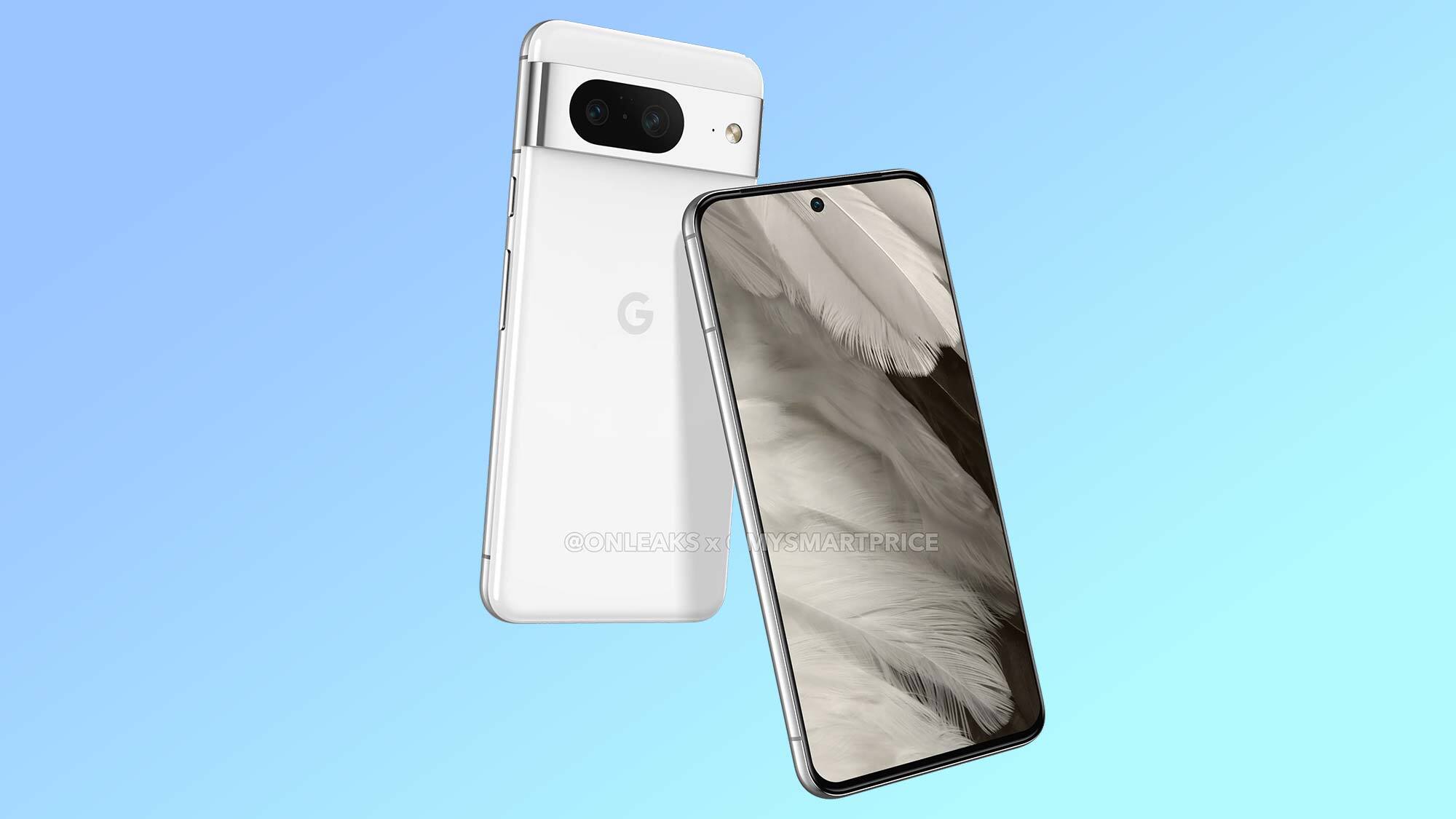
Here at Tom’s Guide our expert editors are committed to bringing you the best news, reviews and guides to help you stay informed and ahead of the curve!
You are now subscribed
Your newsletter sign-up was successful
Want to add more newsletters?

Daily (Mon-Sun)
Tom's Guide Daily
Sign up to get the latest updates on all of your favorite content! From cutting-edge tech news and the hottest streaming buzz to unbeatable deals on the best products and in-depth reviews, we’ve got you covered.

Weekly on Thursday
Tom's AI Guide
Be AI savvy with your weekly newsletter summing up all the biggest AI news you need to know. Plus, analysis from our AI editor and tips on how to use the latest AI tools!

Weekly on Friday
Tom's iGuide
Unlock the vast world of Apple news straight to your inbox. With coverage on everything from exciting product launches to essential software updates, this is your go-to source for the latest updates on all the best Apple content.

Weekly on Monday
Tom's Streaming Guide
Our weekly newsletter is expertly crafted to immerse you in the world of streaming. Stay updated on the latest releases and our top recommendations across your favorite streaming platforms.
Join the club
Get full access to premium articles, exclusive features and a growing list of member rewards.
When it comes to phone releases, Google has enjoyed a solid 2023 so far. The Pixel 7a is one of the best cheap phones you can buy, while the Pixel Fold has put the pressure on Samsung to step up its game if it wants to remain the home of the best foldable phones. Now all that remains is the Pixel 8 release this fall to see if Google can cap off the year in style.
Early Pixel 8 rumors are promising. The new Google flagship phone is expected to get an updated Tensor system-on-chip, of course, which will likely mean a new set of AI-powered experiences that have made Google's handsets stand out from other top Android phones. We've heard that the displays on both likely Pixel 8 models are getting brighter and that the cameras are due for an upgrade, too.
It all sounds great, but Google continues to fight an uphill battle, with both Samsung and Apple commanding most of the attention — and the sales — in the smartphone market. If Google wants to break free from its "best of the rest" status and actually go toe-to-toe with the top iPhones and Galaxy S model, it's going to need to swing big with the Pixel 8 and address some long-standing shortcomings with previous models.
Here's what I think Google needs to deliver in a few months if the Pixel 8 is to be a contender for the best phone overall.
The Tensor chip needs to be more powerful
Raw power is not the reason why Google started using its own silicon to power its smartphones. The star of the show has always been the Tensor Processing Unit that uses machine learning to drive the Pixel's unique experiences — think of those call-screening and on-board dictation features, not to mention photo-editing tools like Magic Eraser and Photo Unblur.
But a little bit of extra processing power would certainly help the Pixel 8's reputation. Take the Tensor G2 found in all the current Pixel models to have come out in the past 12 months. As expected, it lags behind the A15 and A16 silicon Apple uses in its current iPhones. But it's also no match for the Snapdragon 8 Gen 2-powered devices like the Galaxy S23 lineup or the latest Samsung foldables.
| Pixel 7 Pro | Galaxy S23 Ultra | iPhone 14 Pro | |
| Processor | Tensor G2 | Snapdragon 8 Gen 2 for Galaxy | A16 Bionic |
| Geekbench 5 (single core / multicore) | 1060 / 3046 | 1578 / 5081 | 1891 / 5469 |
| Wild Life Unlimited (fps) | 40.3 | 87.5 | 74.3 |
| Video encode test (Mins:Secs) | 0:47 | 0:39 | 0:26 |
Sure, the gap in Geekbench and 3DMark Wild Life Unlimited scores is noticeable. But what really hurts is how Tensor-powered phones lag behind others in our real-world test where we use Adobe Premiere Rush to transcode a video, timing the results. The Pixel 7 Pro takes 47 seconds to complete that task. The Galaxy S23 Ultra is 8 seconds faster, and the iPhone 14 Pro is almost twice as fast. Those are numbers you're going to notice in everyday use.
Get instant access to breaking news, the hottest reviews, great deals and helpful tips.
Early Pixel 8 reports suggest the Tensor G3 chipset slated for the new phones is getting a new architecture designed with a performance boost in mind. That same report also tips the Tensor G3 to offer graphics improvements courtesy of a new Arm Mali-G715 GPU. There's also talk of more RAM in the Pixel 8 models along with support for faster UFS 4.0 storage.
We won't know if these rumored changes translate into better performance until we can test the Pixel 8 ourselves. But the fact that people are talking up these improvements would suggest that Google recognizes its Tensor silicon needs to offer more in the performance department.
Don't neglect battery life
While we're talking Tensor, Google's updated chipset could stand to be a little better with power management than its predecessors. As much as we like recent Google phones, they haven't really challenged for sports on our best phone battery life list.
Every smartphone we review gets put through a battery test where we have the phone surf the web until it runs of out power. Neither Pixel 7 model impressed on this test, with the standard Pixel fading at 7 hours and 13 minutes, and the Pro version lasting 8 hours and 4 minutes. The average smartphone posts a time of just under 10 hours.
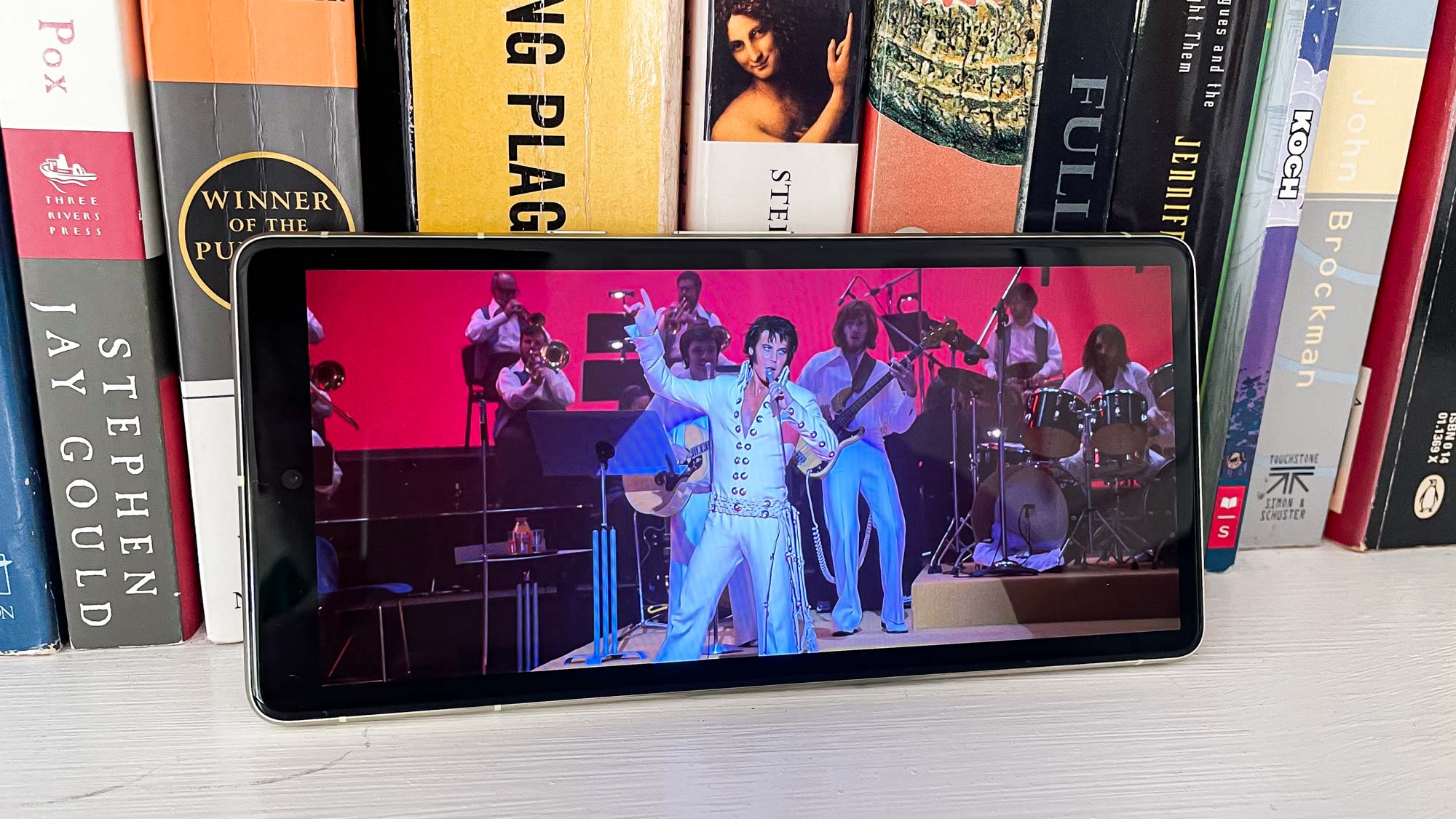
In an encouraging sign, the Pixel 7a (10:05) and Pixel Fold (10:21) posted better-than-average times, so perhaps Google has figured out how to get more battery life out of its phones. We hope that's the case because one rumor tabs the Pixel 8 Pro to have a slightly smaller battery than its predecessor. If that rumor's true, it's more important than ever that Google find other ways to better manage power in its smartphones.
Stop embracing the darkness with photos
It seems odd to insist that Google needs to improve the photo-capture capabilities of its flagship phones, since cameras have been the Pixel's calling card practically from when Google started making its own phones. But if you look at our best camera phone rankings, you'll find Samsung and Apple at the top, not Google. And there's a good reason why.
Google's phones have skewed toward darker colors as of late. That's probably a more accurate look than a lot of other camera phones produce, but it doesn't always translate to a better shot. Take the photo comparison above featuring an ice rink. The colors of the bumper cars look much darker in the Pixel 7 Pro's photo. The shadows are also more prominent on the right side of the photo compared to what the Galaxy S23 Ultra produces. And if you look at the other shots in our Galaxy S23 Ultra vs. Pixel 7 Pro comparison, this wasn't a one-off example either.
Supposedly, the Pixel 8 models will feature staggered HDR, in which the cameras capture long and short exposure shots simultaneously in an effort to reduce strobing and ghosting effects. That's certainly a welcome change, but we hope there are additional improvements to the Pixel 8's photo processing powers that brighten up the pictures those phones produce.
Faster charging
Among the leading Android phones, the Pixel flagships are slowpokes when it comes to charging the phone. The Pixel 7 charges at 20W while the Pixel 7 Pro tops out at 23W. Contrast that with the Galaxy S23 Plus and S23 Ultra, which can reach 45W speeds or the OnePlus 11 and its 80W wired charging speed in the U.S. Clearly, something has to improve.
The rumor mill isn't exactly lighting up with reports on how fast the Pixel 8 will charge, though there is one report promising a modest bump up to 27W charging speeds for the Pixel 8 Pro. If that doesn't sound exciting, at least it's an improvement. A separate report indicates that wireless charging will remain stuck at 12W.
Extended software support
Apple has long illustrated the benefits of controlling both the hardware and software for a phone by providing extended support for iPhone owners. The iOS 17 update coming out later this fall will work on phones that came out in 2018, for example.
It seems like Google, which develops the Android OS in addition to building Pixel phones, should be able to do the same. And indeed, Google does provide Pixel owners with five years of security updates. However, recent Pixels only guarantee three Android OS updates. Should that continue with the Pixel 8, that would make Android 17 the last update the phone could handle. Meanwhile, iPhone 15 owners would, in theory, be able to count on another two years of iOS updates.
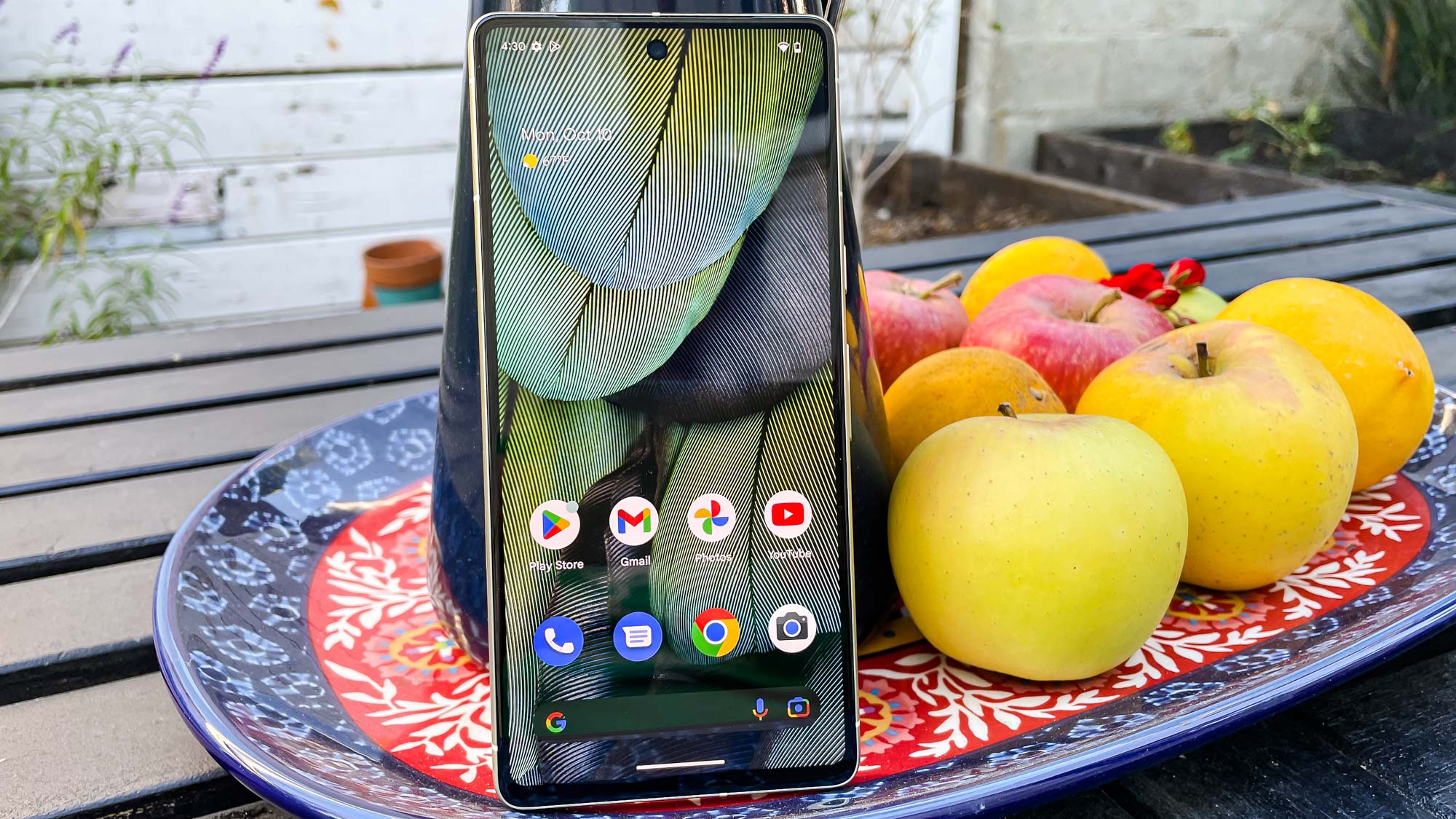
Google should do better by its customers, especially since there doesn't seem to be any technical reason why it can't offer an extra year of OS updates. Samsung does, promising four years of software support to not just flagship users but also people who buy midrange phones like the Galaxy A54. With people holding on to phones longer, it's simply good business.
Differentiate the Pixel 8 from the Pixel 7a
As we noted at the outset, the Pixel 7a released earlier this year is a great budget alternative to the Pixel flagships. The Pixel 7a features a 90Hz display, wireless charging, a Tensor G2 chip and great cameras (even if they skew a little dark like the other shooters in Google's lineup). And all that's available for $499 — $100 less than what Google asks for the Pixel 7.
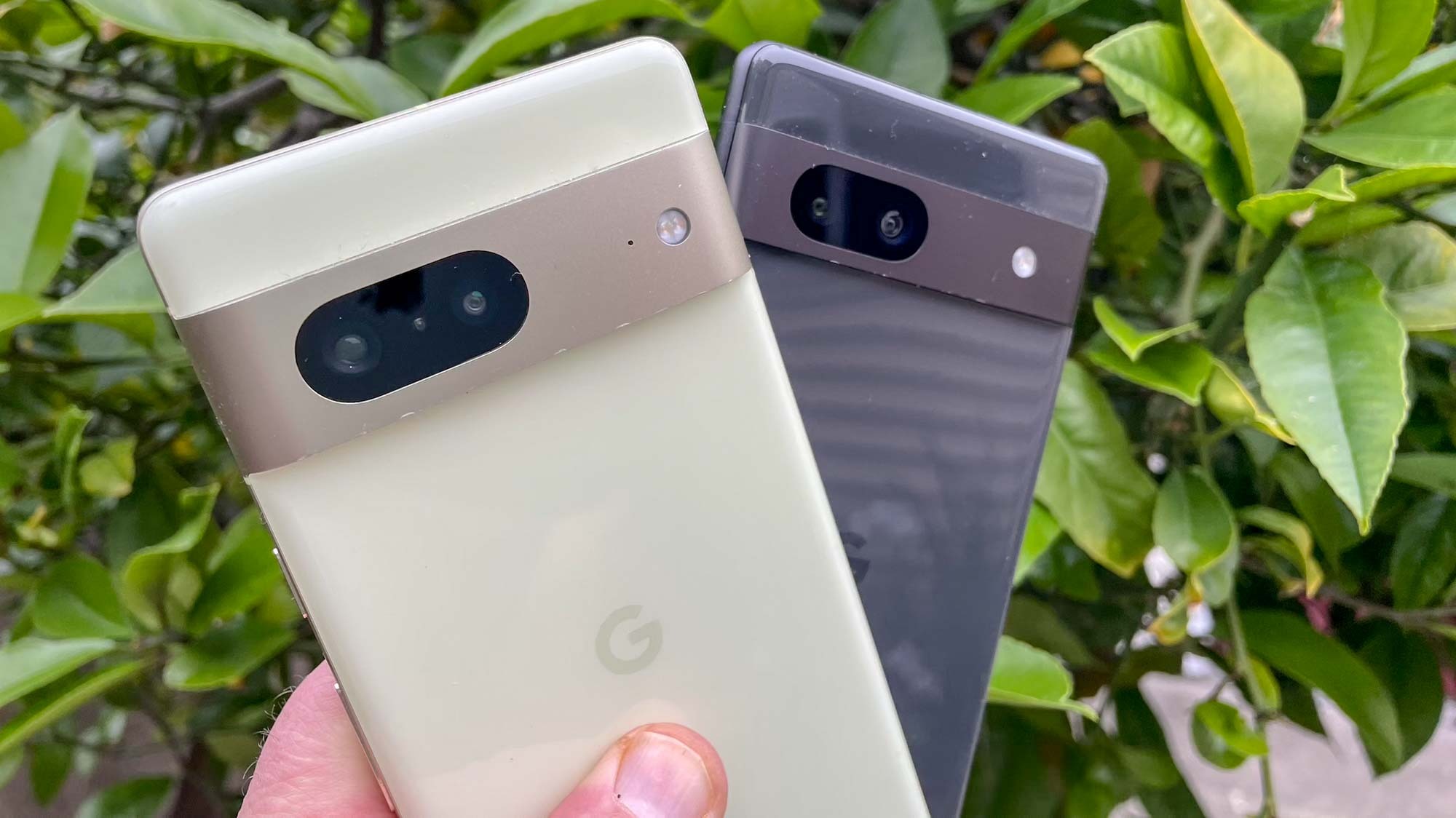
In fact, a Pixel 7a vs. Pixel 7 comparison reveals very few differences between the two phones, certainly not enough to justify paying an extrta $100. That's good news for us, but we imagine Google is going to want to find ways to make the Pixel 8 a bit more appealing so that people will pay up for the newer phone.
That could mean a faster refresh rate for the Pixel 8's display — we've heard rumors of an increase to 120Hz. This is where some of the improvements we've previously discussed like a more powerful Tensor chip and faster charging would also make the Pixel 8 look like a better buy.
Keep the Pixel 8 price low
At the risk of contradicting my last argument, I hope that whatever improvements Google makes to the Pixel 8 lineup don't require the phone maker to bump up prices. Because that would take away one of the key ways the Pixel stands out from the flagship phone crowd.
With a starting price of $599, the Pixel 7 costs $200 less than the iPhone 14 and Galaxy S23. Likewise, the Pixel 7 Pro is $100 cheaper than the iPhone 14 Pro and Galaxy S23 Plus. Those price differences are significant, as they may convince people to give Google's a second look — and perhaps they'll like what they see.
There's not been much in the way of pricing rumors for the Pixel 8, but expect that to change as we get closer to the phone's likely launch date in October. By then, we should have a clearer picture of just what kind of vision Google has for this year's phones.
More from Tom's Guide
- Google Pixel 7a vs. Pixel 7 camera face-off
- I've tested the Google Pixel 7a — and this is my favorite feature by far
- iPhone 15 vs. Google Pixel 8: What we expect
Philip Michaels is a Managing Editor at Tom's Guide. He's been covering personal technology since 1999 and was in the building when Steve Jobs showed off the iPhone for the first time. He's been evaluating smartphones since that first iPhone debuted in 2007, and he's been following phone carriers and smartphone plans since 2015. He has strong opinions about Apple, the Oakland Athletics, old movies and proper butchery techniques. Follow him at @PhilipMichaels.
 Club Benefits
Club Benefits











